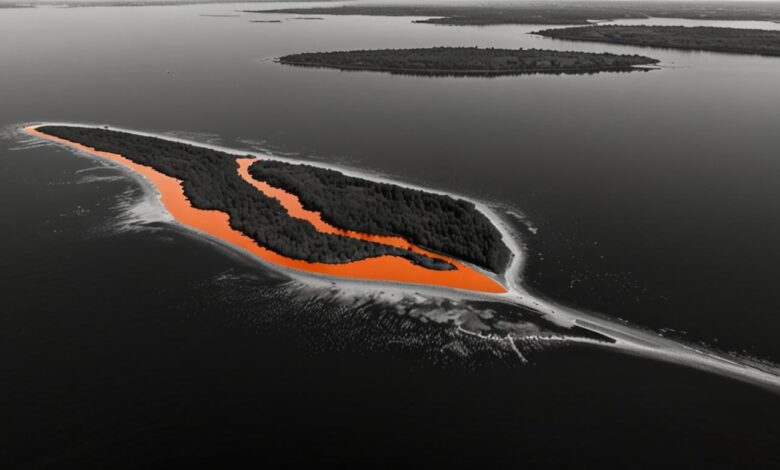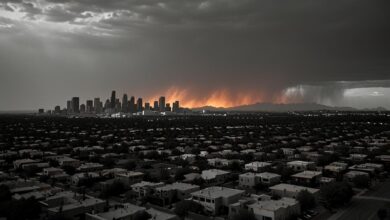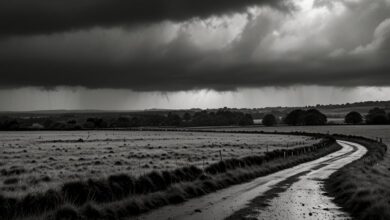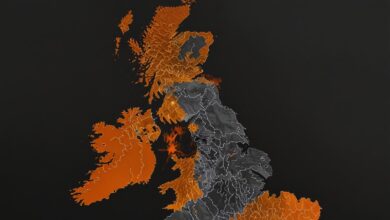Lough Neagh Faces Threats from Illegal Sand Extraction and Pollution Crisis

Nicholas Ashley-Cooper, the 12th Earl of Shaftesbury, raises concerns over unauthorized sand extraction activities at Lough Neagh amidst an environmental crisis exacerbated by toxic algal blooms. Calls for urgent government action and potential ownership transfer to protect the lake’s environmental health gain momentum.
Lough Neagh, the largest freshwater lake in the UK and Ireland, has been under scrutiny due to unauthorized and illegal sand extraction activities. These assertions come from Nicholas Ashley-Cooper, the 12th Earl of Shaftesbury, who owns the bed and parts of the shoreline of Lough Neagh. The earl has voiced his frustrations over what he describes as repeated, yet unsuccessful, attempts to halt these illegal operations.
The issue coincides with a broader environmental crisis involving toxic blue-green algal blooms, driven by agricultural runoff and sewage, which have affected the lough. Campaigners have called for urgent government action, organizing rallies to demand measures to protect the lough from further pollution.
In response to the environmental challenges, Ashley-Cooper has expressed a willingness to transfer the ownership of Lough Neagh to a charity or community trust, incorporating “rights of nature.” However, he noted that such a transfer “may take time” and stressed the absence of any entity currently capable of ensuring the environmental health of the lough.
The earl’s declarations come ahead of an Executive meeting set to discuss the Lough Neagh Report, commissioned by the Department of Agriculture, Environment and Rural Affairs (DAERA). The report outlines recommendations to address the pollution crisis but does not cover ownership changes.
Amid these revelations, local activists and environmentalists have amplified calls for the establishment of an independent Environmental Protection Agency to oversee and protect the lough’s health.








